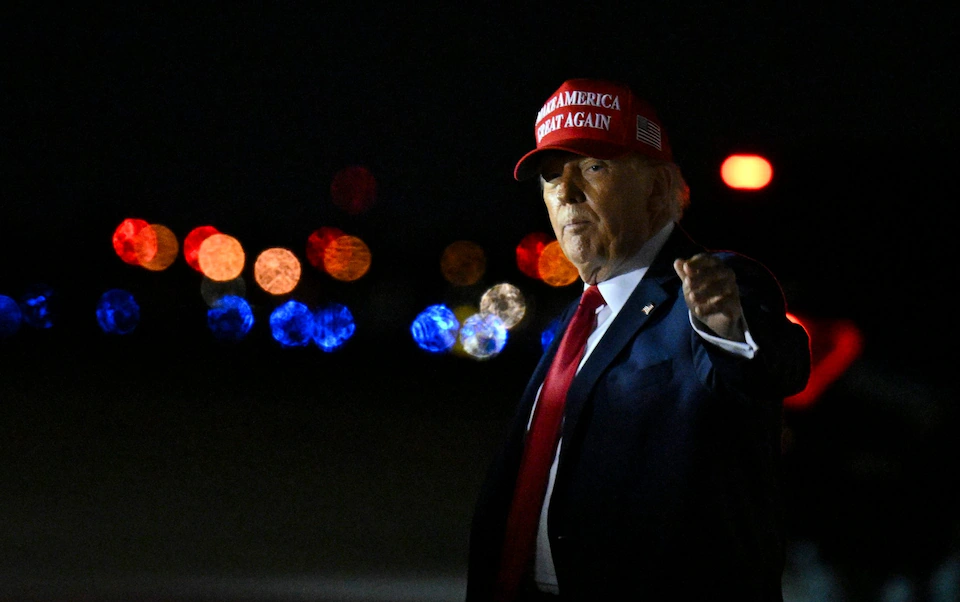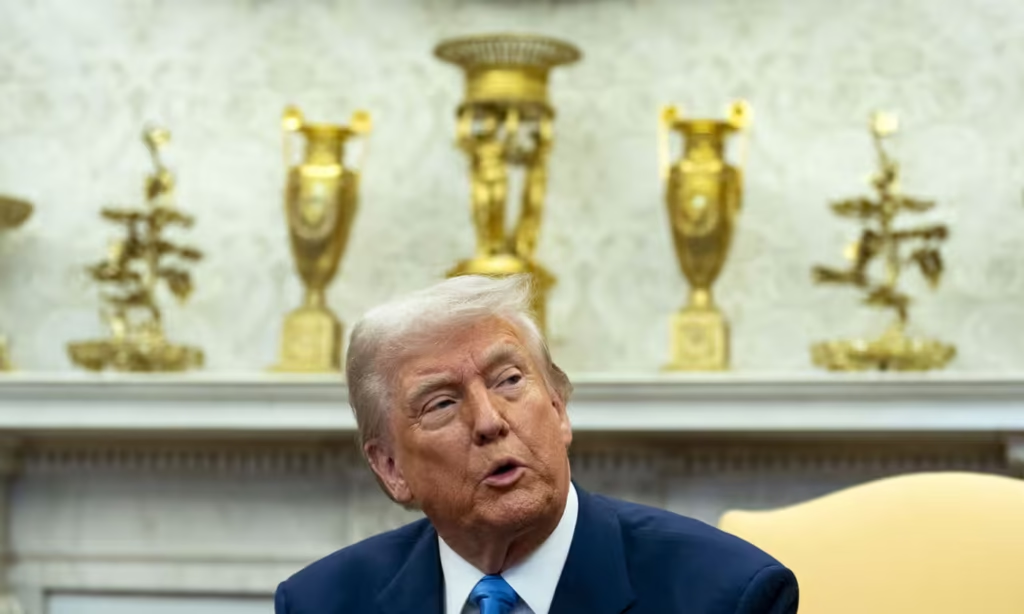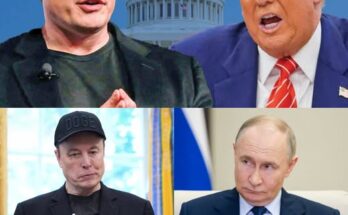Henry Kissinger, a towering figure in American foreign policy, profoundly understood the pivotal role of credibility in geopolitics. His strategic maneuvers during the Cold War era, particularly the policy of détente with the Soviet Union and the opening of diplomatic relations with China, were deeply rooted in establishing and maintaining U.S. credibility on the global stage. Kissinger’s approach, often termed Realpolitik, emphasized pragmatic and strategic actions over ideological posturing, ensuring that the United States was perceived as a reliable and formidable power.

In contrast, recent developments under the new administration have raised concerns about the erosion of this hard-earned credibility. The administration’s abrupt policy shifts, particularly regarding Ukraine, have unsettled allies and emboldened adversaries. President Donald Trump’s alignment with Moscow’s claims on Ukraine has not only unsettled U.S. allies but also raised concerns about the potential impact on Taiwan’s security, as China might perceive these actions as a weakening of U.S. commitment to its allies.
This unpredictability extends beyond Eastern Europe. Allies such as Australia are grappling with the implications of America’s shifting stance. Trump’s proposals, including integrating Canada into the U.S., purchasing Greenland, and pressuring Ukraine over mineral exports, have destabilized global security and challenged longstanding alliances. These actions signal a shift towards an era where major powers dominate with less regard for alliances, prompting countries like Australia to consider enhancing their self-reliance and regional alliances.

The administration’s economic policies further complicate the geopolitical landscape. The implementation of tariffs on imports from China, Canada, Mexico, and other countries has led to increased costs for American consumers and businesses, contradicting claims that foreign exporters would absorb these costs. This approach has strained relationships with key trading partners and introduced uncertainty into the global market.
The parallels drawn between Trump’s “Make America Great Again” agenda and Mikhail Gorbachev’s perestroika highlight the potential for significant internal and external shifts. Russian media and officials suggest that, akin to the Soviet Union’s dissolution, the U.S. could face serious societal splits under Trump’s policies. This comparison underscores the global perception of America’s current trajectory and its potential implications for international stability.
In the realm of diplomacy, the art of negotiating peace has become increasingly complex. Historical examples such as the Congress of Vienna and the Paris Peace Conference of 1919 demonstrate the intricate balancing act of national interests and emotional tensions. Contemporary efforts to end conflicts, like the war in Ukraine, illustrate similarly difficult challenges, requiring clear understanding, patience, and detailed attention. Missteps or concessions to maximalist demands can lead to dire consequences, emphasizing the need for credibility and cohesive alliances in successful peace efforts.
Kissinger’s legacy teaches us that credibility is not merely about projecting power but about consistent, reliable actions that reinforce a nation’s commitments and values. The current administration’s departure from these principles threatens to undermine the United States’ standing in the world, making it imperative to reassess and realign policies to uphold the credibility that has been a cornerstone of American foreign policy for decades.


